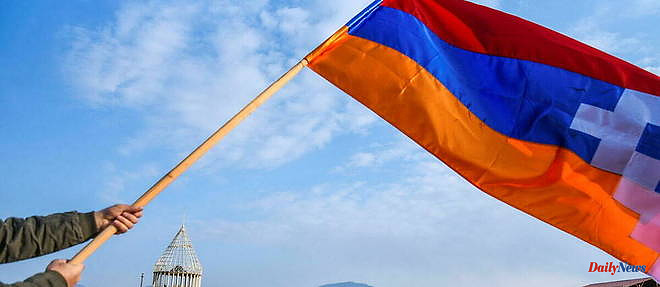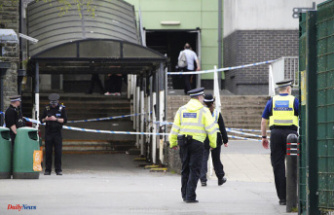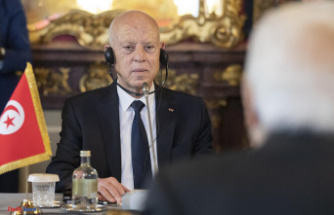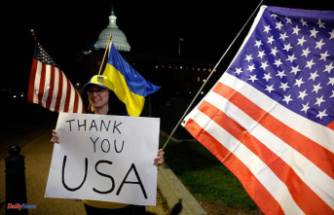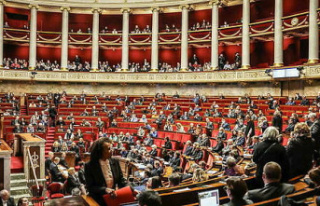The conflict between Armenia and Azerbaijan over Nagorno-Karabakh is not new. This Azerbaijani region, mainly populated by Armenians, has been the target of a double greed since the 1990s and the fall of the USSR. On Thursday, February 16, Armenian Prime Minister Nikol Pashinyan however announced that he had submitted to Azerbaijan a draft peace treaty around Karabakh, a text which he considered "acceptable" for his adversary.
The first conflict, which claimed 30,000 lives, ended in an Armenian victory. But Azerbaijan got its revenge in a second war that claimed the lives of some 6,500 people in the fall of 2020 and allowed Baku to retake many territories. International mediation aimed at finding a peaceful solution has so far yielded few results.
"Our proposals have been handed over to Azerbaijan," Pashinyan told an Armenian government meeting on Thursday, noting that it was a draft peace treaty and the establishment of diplomatic relations. with Baku. “This document should be acceptable to Azerbaijan […]. His signature must bring lasting peace,” he said.
This announcement comes as Armenia recently accused Azerbaijan of wanting to carry out "ethnic cleansing" in Nagorno-Karabakh by forcing the Armenians living there to leave this territory, which has been facing a blocked axis for about two months. vital for its supply.
Since mid-December, Azerbaijanis posing as environmental activists demonstrating against illegal mines have been blocking a crucial road linking Armenia to Nagorno-Karabakh. Due to the lockdown, the separatist enclave of some 120,000 people is facing power and internet cuts as well as problems with heating and access to food and medicine.
Armenia has also repeatedly accused Russian peacekeepers, deployed in Nagorno-Karabakh after a ceasefire agreement in 2020, of not having done enough to prevent this blockage.

